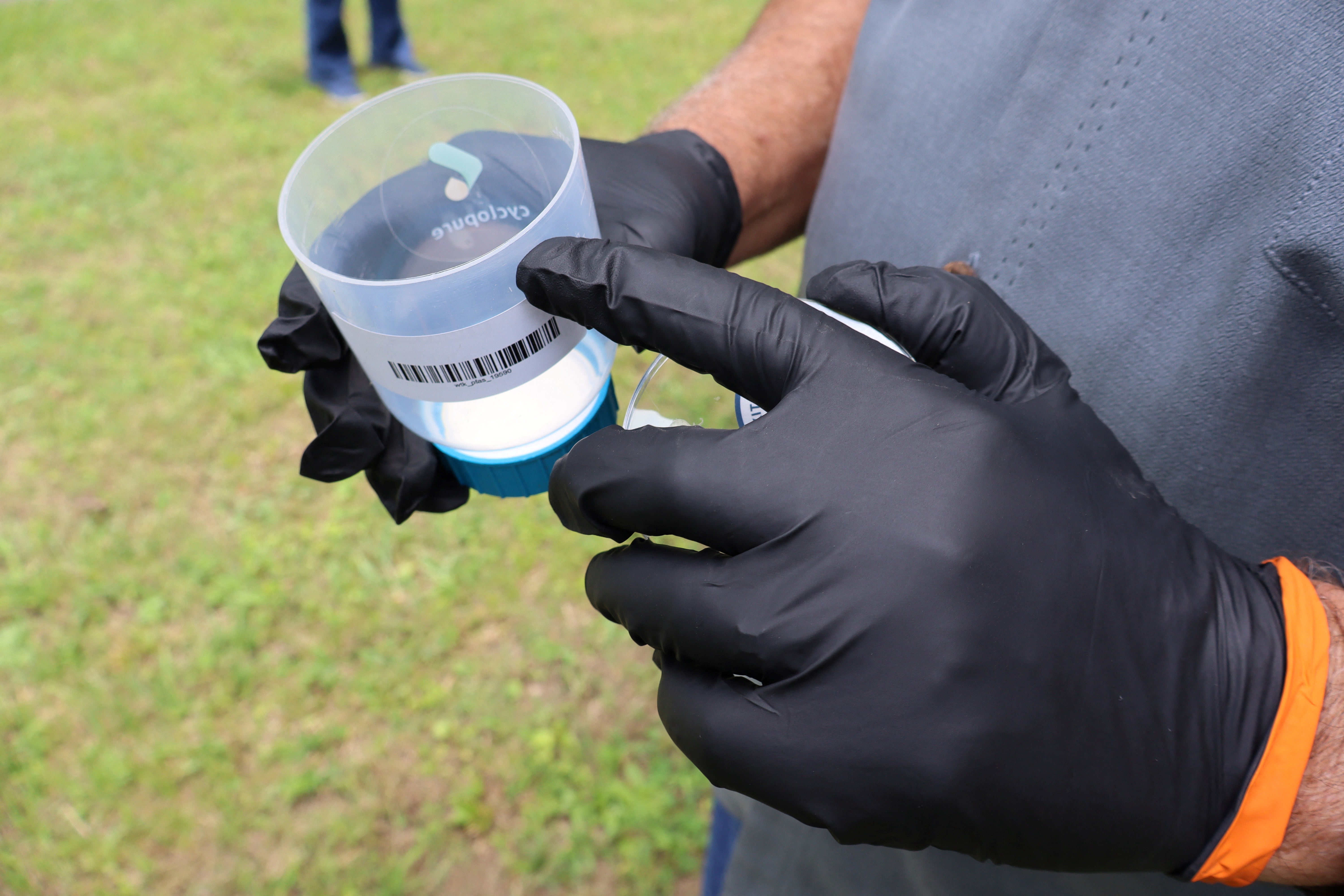Could your intestine protect you from the toxic effects of Forever Chemicals?
Forever Chemicals, also known as “PFAS”, are durable, synthetic chemicals that have been used in consumer goods around the world since the 1950s. They are found in waterproof clothing, non-stick pans, plastic packaging and fire extinguishing foam.
Exposure to the chemicals can be bound to negative health effects, including fertility, developmental delays in children, a weakened immune system, increased cholesterol level and an increased risk of some types of cancer. There are thousands of chemicals forever, which may have different effects and toxicity levels.
Scientists now say that they have discovered that some bacteria found in the human intestine have the ability to absorb chemicals – and to protect against associated health effects.
“We found that certain types of human intestinal bacteria have a remarkably high capacity to absorb Pfas from their surroundings in a number of concentrations and to store them in lumps in their cells,” said Dr. Kiran Patil, member of the British University of Cambridge’s MRC toxicology Unit, in a explanation. “Due to the aggregation of PFAS in these lumps, the bacteria themselves seem to be protected against the toxic effects.”
Patil was the senior author of the Research, which was published in the magazine Natural microbiology.

In order to achieve these conclusions, the researchers added several types of bacteria from the human intestine into mice. The study showed that nine types of bacteria collected the chemical chemicals forever that ate the rodents and then they kept out.
When the chemicals are increasing, the bacteria worked even harder and consistently eliminated the same percentage of toxic chemicals. Within just a few minutes after exposure, the bacterial species soaked themselves between a quarter and almost two thirds of the Forever Chemicals.
The same effect has not yet been tested in humans, but the researchers said they plan to use their results to create probiotic nutritional supplements that increase the mirror of these species in the intestine to protect against PfAS-related health damage. They also examine how to charge the performance of the Art Turbo.

“The reality is that Pfas are already in the environment and in our body, and we have to try to alleviate their effects on our health now,” said Dr. Indra Roux, researcher on the MRC toxicology of the University of Cambridge and co-author of the study.
Until then, the researchers say that the best thing people can do to protect themselves to avoid well -known risks to exposure. Even tap water was contaminated: almost half of all tap water in America.
After the Trump administration, the environmental protection authority applied to weaken the standards of the bid era, which limited the pollution of potentially toxic “chemicals” in US drinking water sources at the beginning of this year.
“Pfas was once considered safe, but now it is clear that they are not,” added the fellow researcher Dr. Anna Lindell. “It took a long time for Pfas to be noticed because they are not acute at low values. But they are like a slow poison.”


